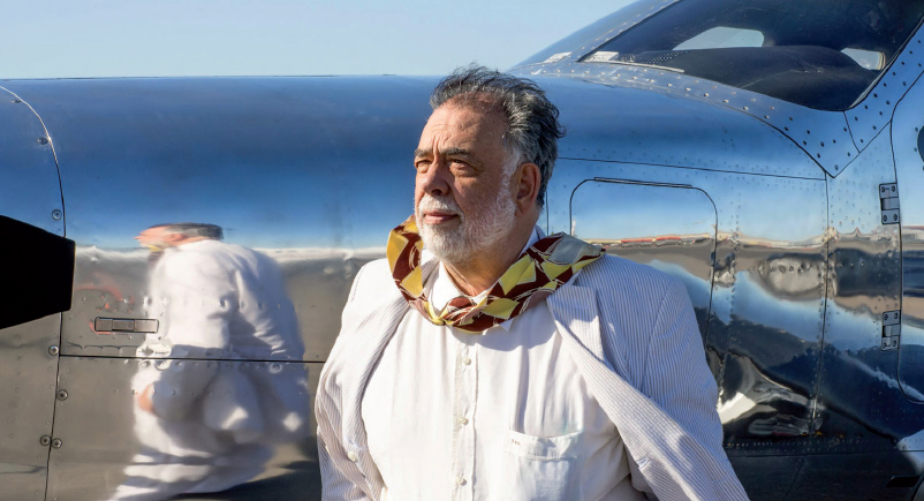What is a Mentor Pilot?
If you’re not comfortable with flying to a destination by yourself or you’re in need of some company on your flight, a professional flight instructor can definitely assist you with your flight as a mentor pilot.
As we all know, aircraft owners that move up to larger, more complicated aircrafts, will often find out that after the initial training or type rating is completed, most insurance companies will require them to spend time with a mentor pilot.
Mentor Pilot Services
Flightline Aviation provides a range of support services for our clients who own and operate their own aircraft. These include pilot mentoring as you gain your initial operating experience (IOE), coaching and consulting you as you get your aircraft in mid air, giving you the best direct piloting support in Palo Alto.
Mentoring guarantees the same type of guidance and encouragement one would experience in other fields, as our team will be supporting you, providing guidance when needed, helping open doors and answer your various questions, serving as a knowledge resource, as well as having someone with the same passion for flying at your side, who is also wholeheartedly concerned with your safety and well-being.
Supervised Initial Operating Experience
Flightline Aviation also offers Supervised Initial Operating Experience (SIOE) to help you meet your insurance requirements and grant you additional skills, knowledge and judgment in the cockpit. Insurance companies require new IBM pilots to through their SIOE with qualified and certified mentors after the first completion of an “insurance approved” initial training course. It is for the safety and security of pilots in the making.
The Importance Of Basic Airmanship
With the completion of programs such as Simcom’s “Six-day Initial” course, pilots are misconstrued to be be fully competent to fly their TBM single pilot. We discourage any green horn attempts to fly alone without our supervision and approval.
Keep in mind that many pilots who find themselves in this position have worked diligently to learn about the craft of airmanship while working under what we know as “ABT” (Acronym Based Training). And these concepts, when properly mastered and put into good use, solidify and later support a firm foundation of basic airmanship. We know for a fact that there are no substitutes nor any shortcuts for basic airmanship.
Here are other common symptoms that may surface immediately during the post mentoring stage, revealing a deficiency in one or more of the following areas:
- Stick and Rudder Skills: Coordinated Flight And Stall Warning Systems
- Basic Attitude Instrument Flying: Practicing And Applying Pitch/Power/Performance Relationships
- IFR Procedural Knowledge: General Rules And Regulations Of The Road
- Situational Awareness: Becoming Aware Of His/Her Surroundings
Feedback And Evaluation
Today’s institutions, who have begun to focus on these revamped concepts, tend to reach a point where they neglect the importance of flying basics, leading to the unimaginable growth of TBM accidents that were due to a lack of basic airmanship skills.
To help you avoid these type of circumstances, Flightline Aviation remains dedicated to providing honest feedback evaluation of your flying skills, as well as your mastery of the systems and characteristics that are unique to the TBM.
Your enjoyment and fulfillment to become a safer and more responsible pilot is our goal.


